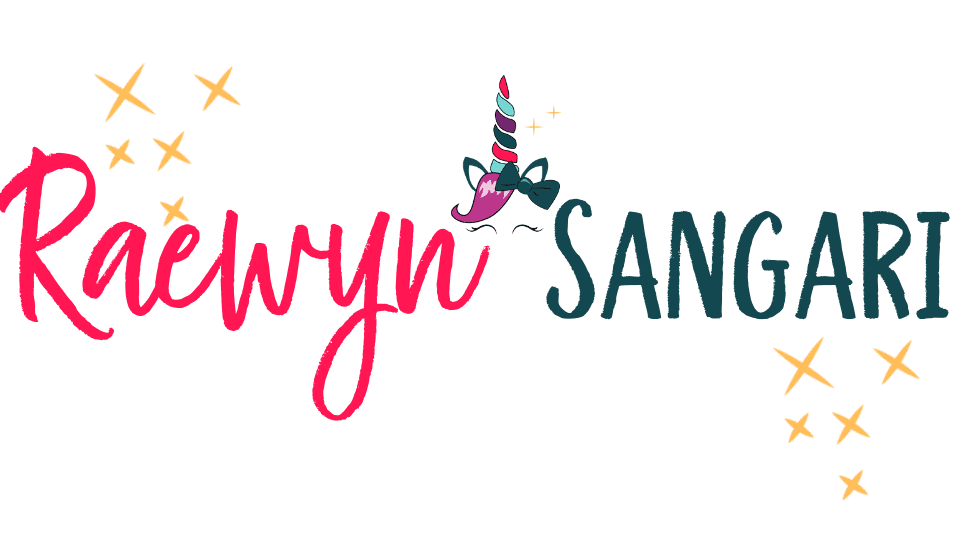Content is the lifeblood of your online business, so it’s important that you make sure to have the right people in place to create and approve it. Yep, I said PEOPLE. If you’re a solopreneur, don’t panic! Read more about how a content strategist differs from an implementor and how these two positions compliment each other – read on for some great advice!
What is a content strategist?
A strategist’s job is to develop a strategic plan for the creation, distribution, and management of content. This can include both digital and non-digital content. The goal is to ensure that everything aligns with the overall business goals and objectives. To do this, a strategist must have a deep understanding of the audience and the company’s products, services, and mission.
Strategist responsibilities might include knowing current trends, algorithms, and analytics; developing your language; overseeing production; and measuring results. Often, they provide training for you or a virtual assistant on best practices for strategy and implementation.
Content strategists typically have a background in marketing, journalism, communications, or liberal arts. Many have advanced degrees in these or other fields, too! Depending on the background, the strategist might have different types of strategy and creation, so it’s very important you look at different strategists before hiring one.
For example, I have a background in journalism and my content creation strategy focuses on storytelling in a way that is different from a marketer’s storytelling. There isn’t a right or a wrong way to tell the story, either. But it is important depending on your goals, business niche, and target audience. (Confused about the difference between a business niche? Read my last blog post for clarification.)
What is a content implementor?
An implementor is responsible for executing the strategy. They take the plan and make it a reality. This person oversees creation, curation, and publishing of content across all channels. Implementors also ensures that the content is on-brand, consistent, and high quality.
Your virtual assistant can be an implementor, but you probably don’t want to rely on them for your strategy. Here’s why.
Why are these two positions so very different?
The strategist is responsible for developing the overall strategy for the content on a website or other digital platforms. This includes determining what kind of content will best achieve the desired objectives, creating a plan for how that content will be produced and distributed, and then ensuring that the content meets the needs of both the audience and the business.
The implementer, on the other hand, is responsible for putting that strategy into action. This role entails writing or commissioning the actual content, designing and building the pages or microsites where it will live, coding any necessary interactions, and managing all of the details involved in getting it published. In some cases, the implementer may also be responsible for promoting once it’s live.
So why are these two positions so very different? It all comes down to focus. The content strategist is focused on developing an overarching strategy that will guide all of the content development efforts, while the implementer is focused on executing that strategy and making sure that everything runs smoothly.
How to afford both a content strategist and content implementor?
As a business owner, you may be wondering how you can afford to hire both a strategist and an implementer. The answer is simple: you need both, but you can fudge the lines a little bit. For example, you can have your strategist write the copy and design your own graphics, schedule posts yourself, or hire a virtual assistant. In fact, this is what my client’s most often do. If you can’t afford a high-priced strategist, it doesn’t mean you’re out of luck.
One way that helps you to start creating better posts NOW is to set up a Content Session with me where we plan out and write your copy. You can use tools like Canva templates to create graphics that look good and are super easy to make. Then you can use a scheduling tool.
Alternatively, after a session or one of my bigger content creation packages, you can have a virtual assistant schedule everything I give them.
Remember, a content strategist is someone who understands your business goals and works to create a plan for achieving them. This is an important part of what we do in my Intentional Collaboration Sessions.
The implementer is someone who takes that plan and makes it a reality. It’s totally okay for this to be a virtual assistant.
Both roles are important in ensuring that your content marketing efforts are successful.
How can virtual assistants or social media managers help with implementation?
Like we said above, an implementer is responsible for making sure that all of the content that is created actually gets published and distributed. This can be a daunting task. However, virtual assistants often schedule blog posts, podcasts, videos and email newsletters. Sometimes, they also handle social media. (If you are only creating social media content, a SMM may be a better option than a VA because they are specialized.)
As I was writing this, I realized I have SO MUCH MORE to say on this topic, so I’ll be having another few blogs on this topic.


